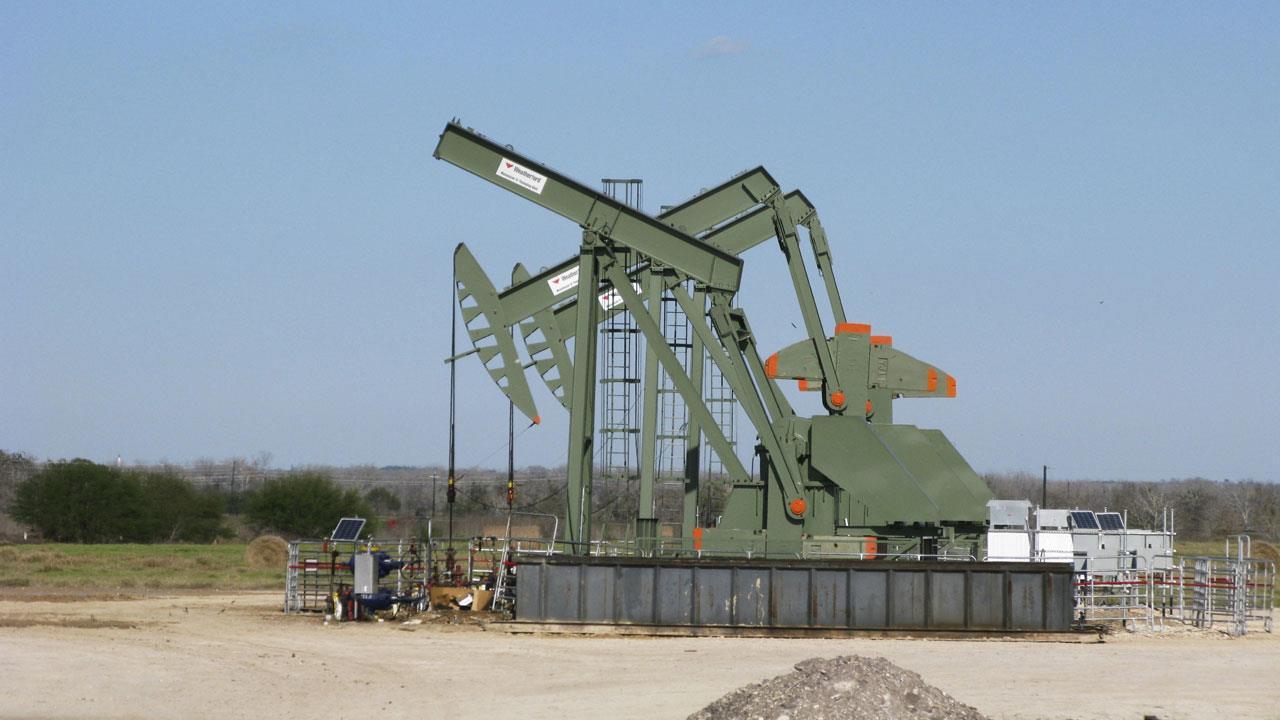OPEC February oil output falls as UAE over-delivers on cut: Survey
LONDON/DUBAI, Feb 28 (Reuters) - OPEC oil output fell in February to a 10-month low as the United Arab Emirates joined other Gulf members in over-delivering on a supply reduction pact, a Reuters survey found, pushing compliance with the deal to its highest yet.
The Organization of the Petroleum Exporting Countries pumped 32.28 million barrels per day in February, the survey found, down 70,000 bpd from January. The February total is the lowest since April 2017, according to Reuters surveys.
Adherence by producers included in the deal rose to 149 percent of agreed cuts from a revised 144 percent in January, the survey found, suggesting a jump in prices early this year to their highest since 2014 has not weakened commitment.
Oil in January topped $71 a barrel for the first time since 2014, and was trading above $66 on Wednesday. Still, OPEC says supply restraints should be maintained to ensure the end of a glut that has built up since 2014.
"We still feel that the job is not complete," UAE Energy Minister Suhail al-Mazrouei told Reuters this month. "The price is one thing, rebalancing the market is something else and we need to balance the market."
OPEC is reducing output by about 1.2 million bpd as part of a deal with Russia and other non-OPEC producers. The pact started in January 2017 and will run until the end of 2018.
In February, the biggest decrease in supply came from the UAE, which holds the rotating OPEC presidency this year and was slower than its Gulf OPEC allies in 2017 to meet its supply-cut commitments fully.
UAE output has fallen by 50,000 bpd to below its OPEC target, sources in the survey said, reflecting an effort to step up compliance and planned oilfield maintenance.
The second-largest drop occurred in Libya, where output fell by 30,000 bpd because of the closure of the El Feel oilfield after a protest by guards. This set back a recovery in Libyan supply, which had hit 1 million bpd in January.
Production has fallen further in Venezuela, where the oil industry is starved of funds because of a cash crunch, the survey found. Exports fell in February although refinery operations increased, sources in the survey said.
Output in OPEC's two largest producers was little changed.
Top exporter Saudi Arabia kept output steady close to 10 million bpd, according to sources in the survey. Supply remains below the kingdom's OPEC target.
OPEC's No. 2 producer Iraq exported fewer barrels from the south, the outlet for most of its crude, as bad weather delayed shipments. The country exported more from the north.
Northern Iraqi exports could rise following an agreement by the government with Kurdish authorities to resume Kirkuk oil exports through Turkey's Ceyhan port, although a specific timeframe was not disclosed.
Among countries with higher output, the largest gain of only 20,000 bpd was in Nigeria, the survey found.
Nigeria and Libya were originally exempt from cutting supply because their output had been curbed already by conflict and unrest. For 2018, both countries told OPEC that output would not exceed 2017 levels, ministers and delegates said.
OPEC has an implied production target for 2018 of 32.73 million bpd, based on cutbacks detailed in late 2016 and taking into account changes of membership since, plus Nigeria and Libya's expectations of 2018 output.
According to the survey, OPEC pumped 450,000 bpd below this implied target in February - not least because of the involuntary decline in Venezuela.
The Reuters survey is based on shipping data provided by external sources, Thomson Reuters flows data and information provided by sources at oil companies, OPEC and consulting firms.
(Editing by Dale Hudson)




















